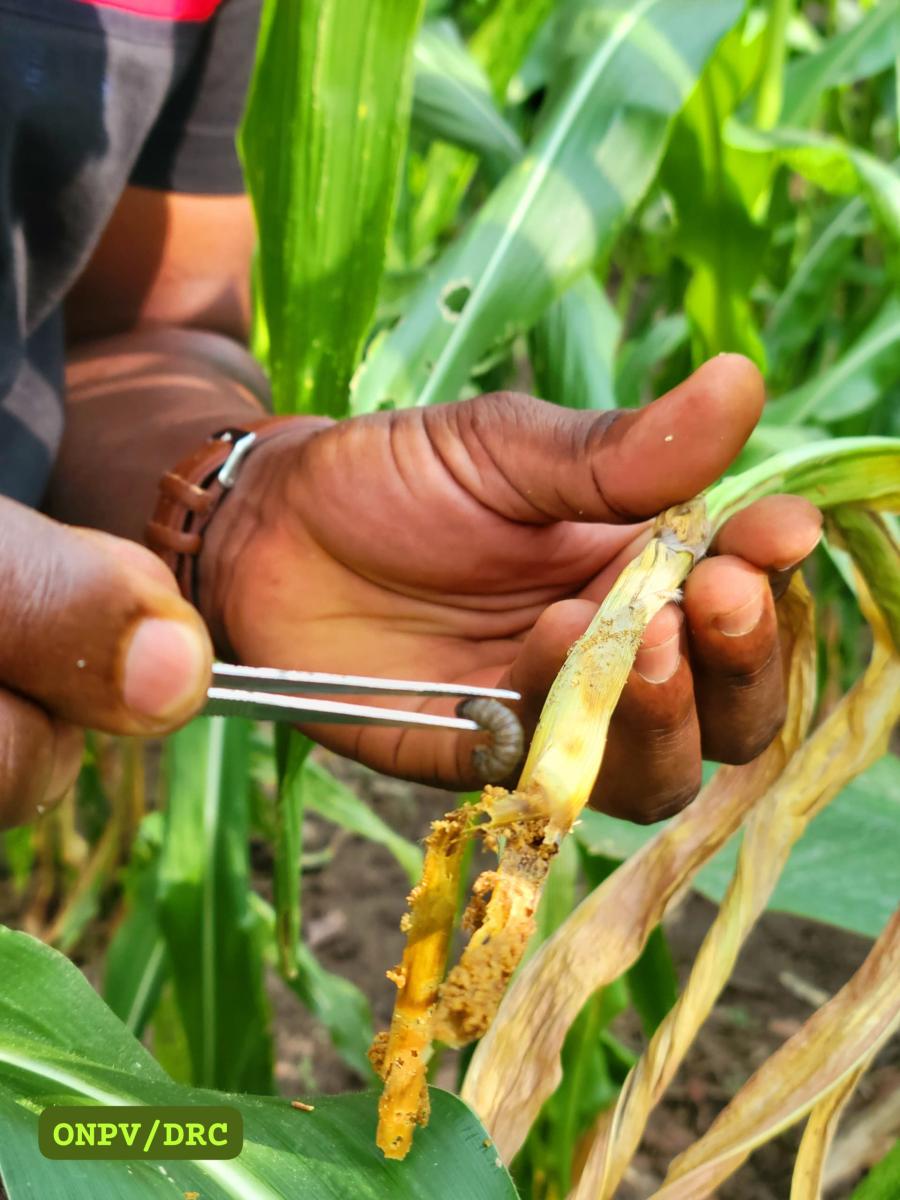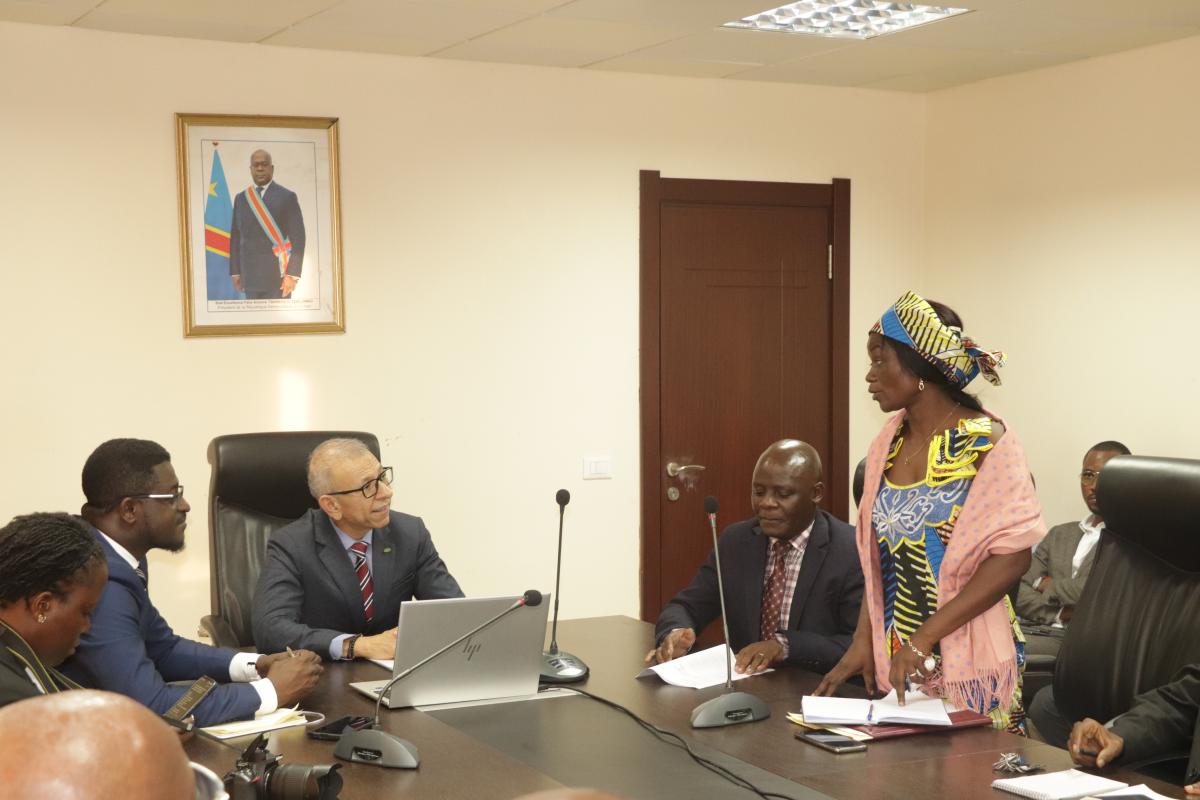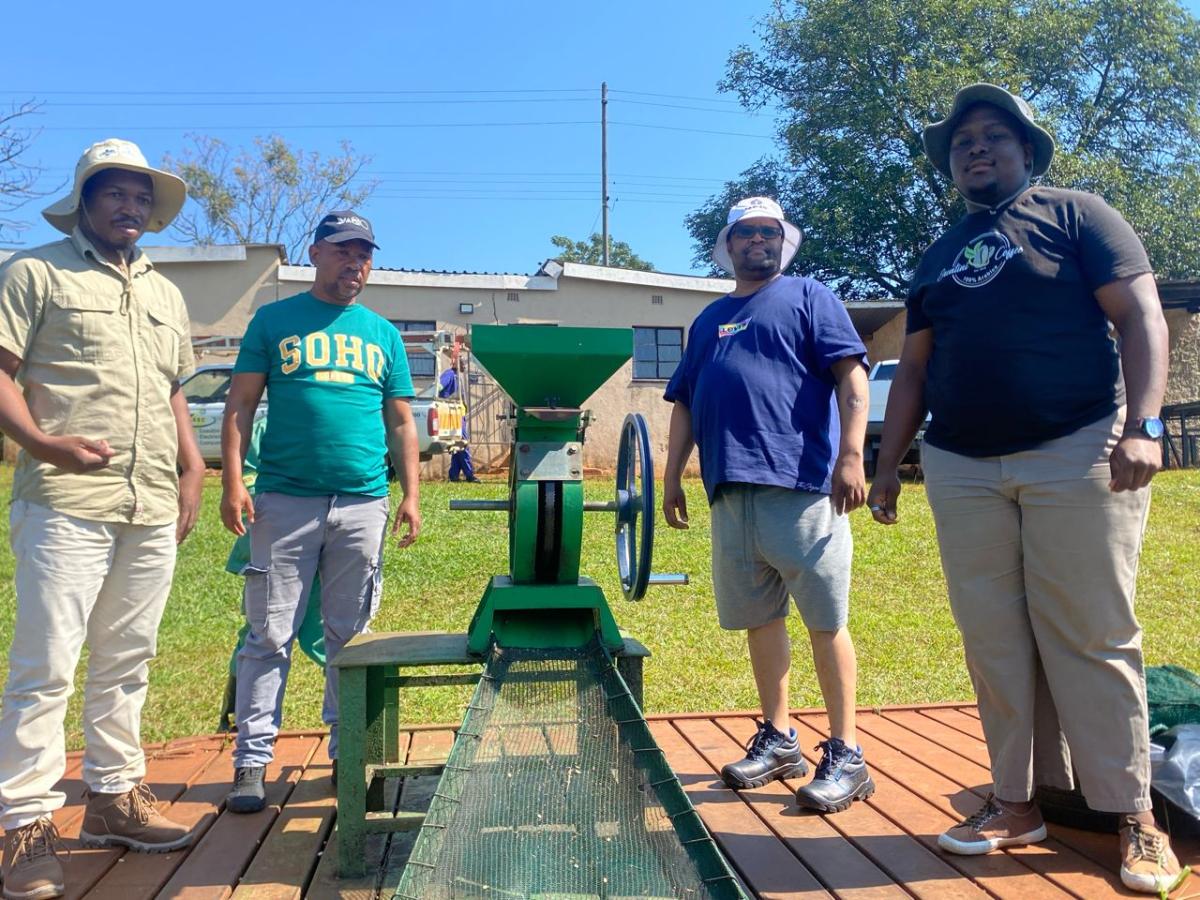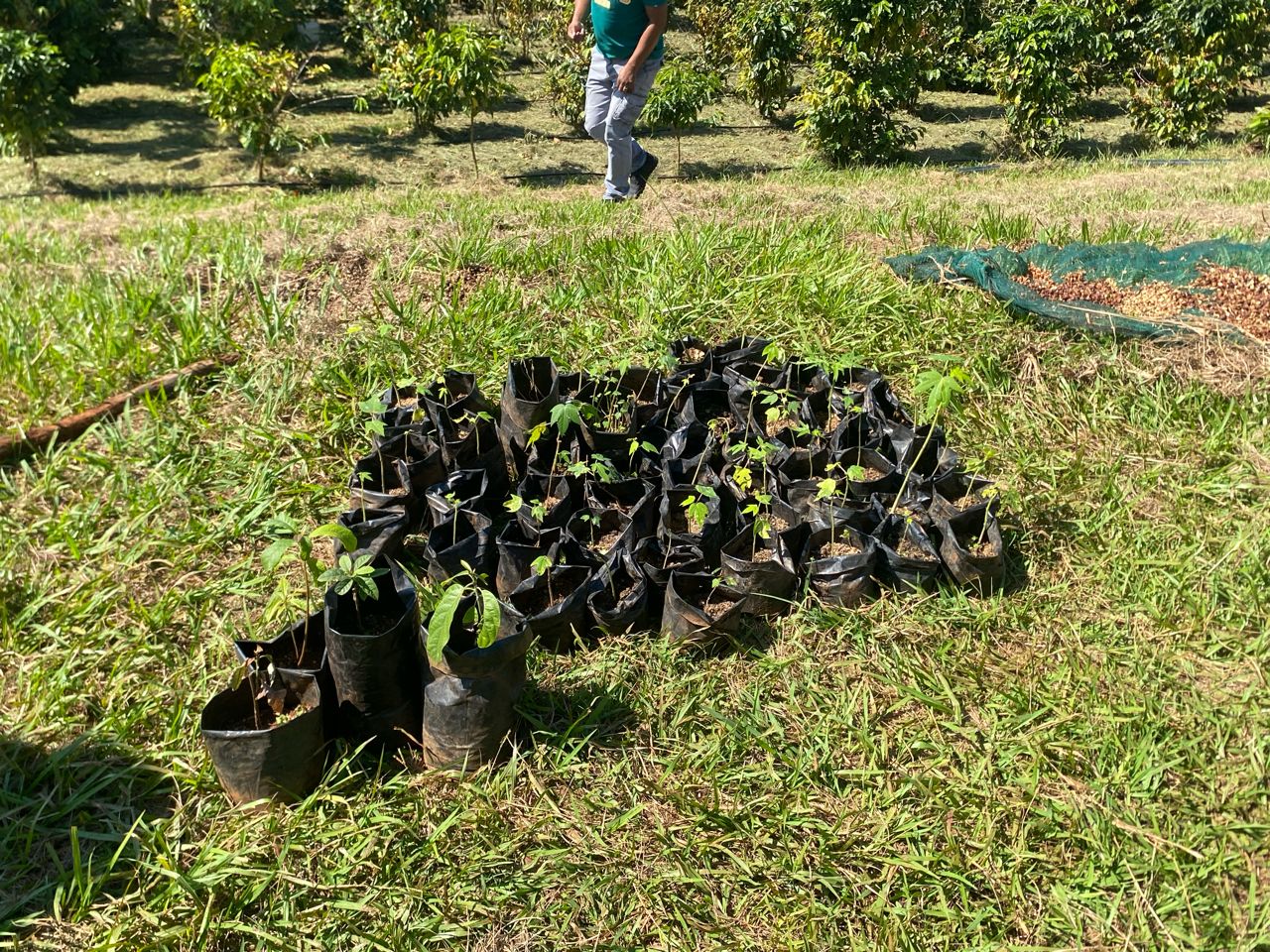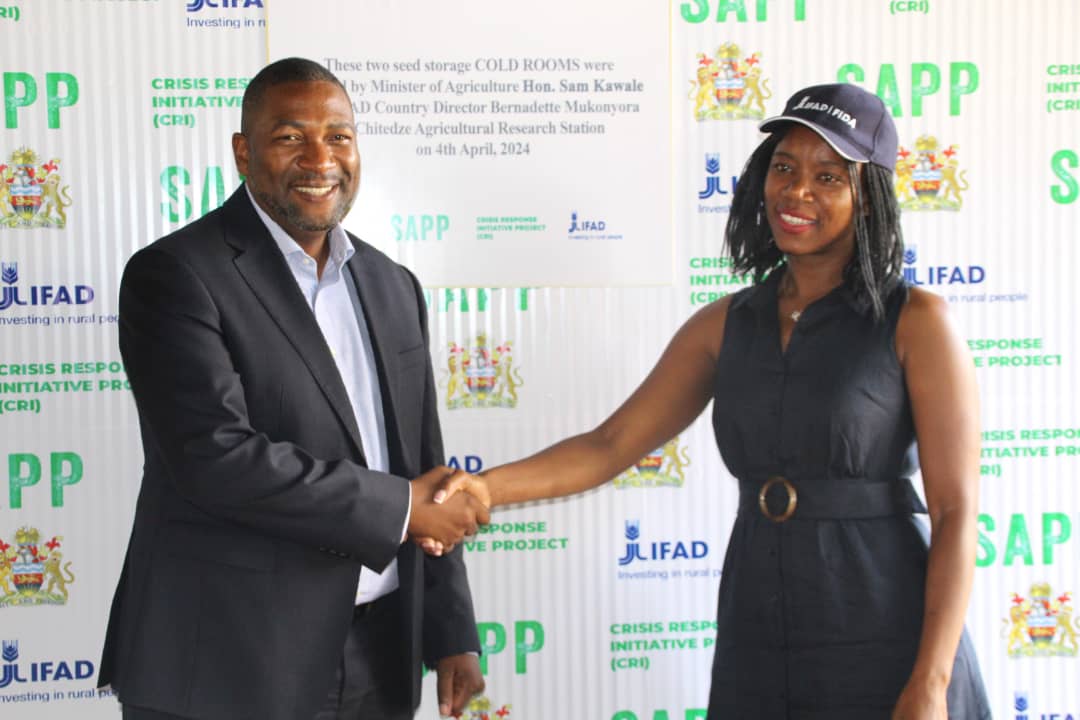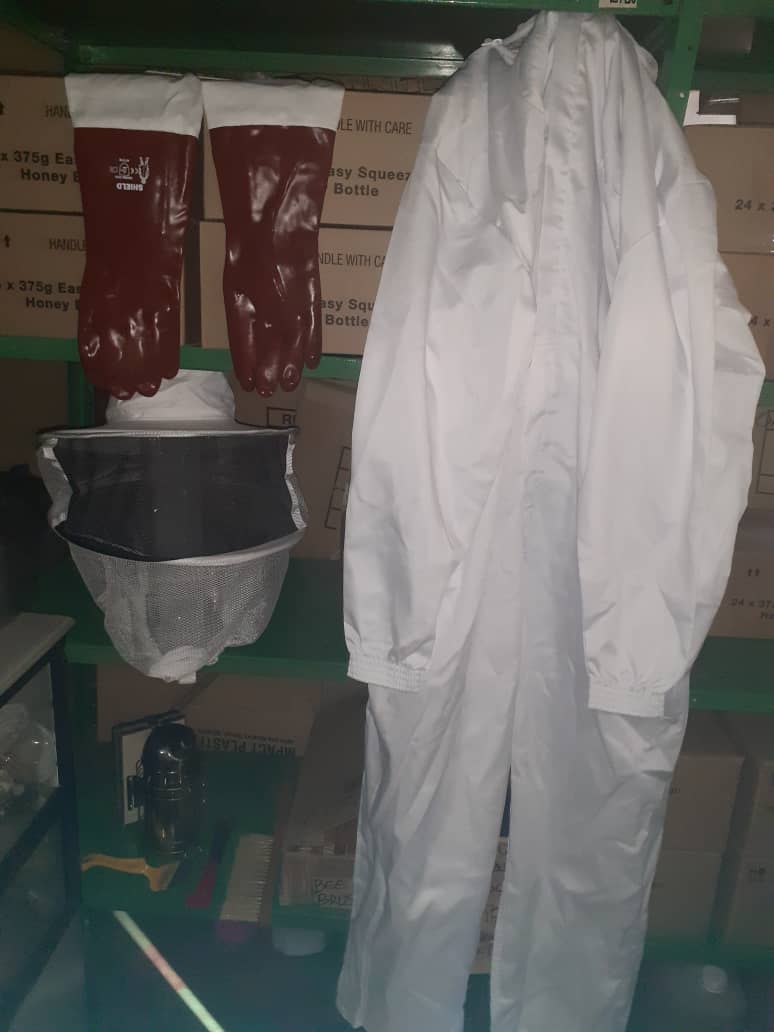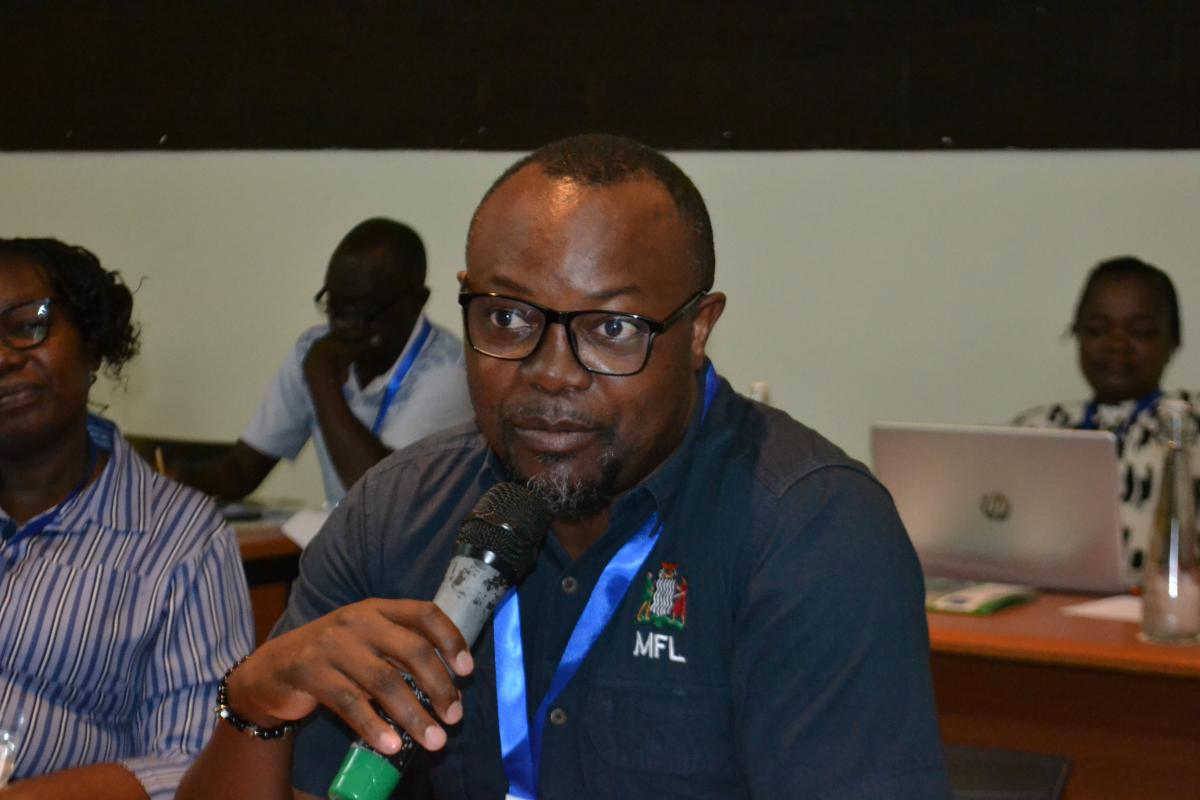Gender and Rural Development - Aspects, Approaches and Good Practices
As women provide, on avergage, more than 40% of the agricultural labor force worldwide, this monography stresses women as key for rural development. This sample of factsheets talks about the following topics:
Brochure 1: Gender and Rural Development;
Brochure 2: Gender and Agricultural Extension;
Brochure 3: Gender and Access to Land;
Brochure 4: Gender and Food & Nutrition Security;
Brochure 5: Gender and Fischeries & Aquaculture;
Brochure 6: Gender and Livestock Production;
Brochure 7: Gender and Value Chains
Youth
Agriculture
Rural Development
Good Practice
Agricultural Extension
Land Access
Food and Nutrition
Livestock
Value Chain
Fisheries and Aquaculture
GIZ-Deutsche Gesellschaft für Internationale Zusammenarbeit. 2013. Gender and Rural Development: Aspects, Approaches and Good Practices (Folder with 7 Factsheets); Brochure 1: Gender and Rural Development; Brochure 2: Gender and Agricultural Extension; Brochure 3: Gender and Access to Land; Brochure 4: Gender and Food & Nutrition Security; Factsheet 5: Gender and Fisheries & Aquaculture; Factsheet 6: Gender and Livestock Production; Factsheet 7: Gender and Value Chains, GIZ-Deutsche Gesellschaft für Internationale Zusammenarbeit, Bonn and Eschborn, Germany


